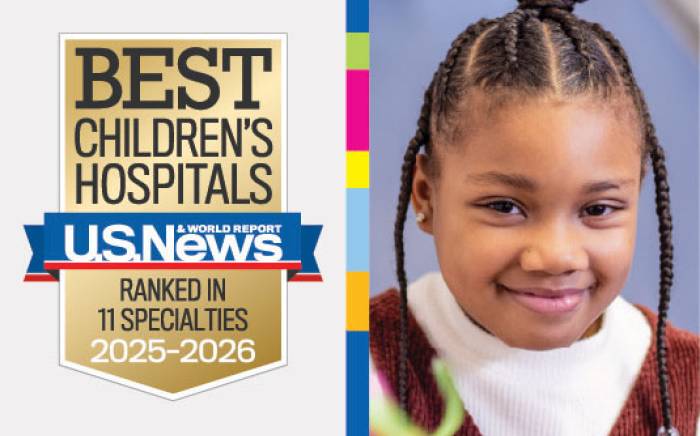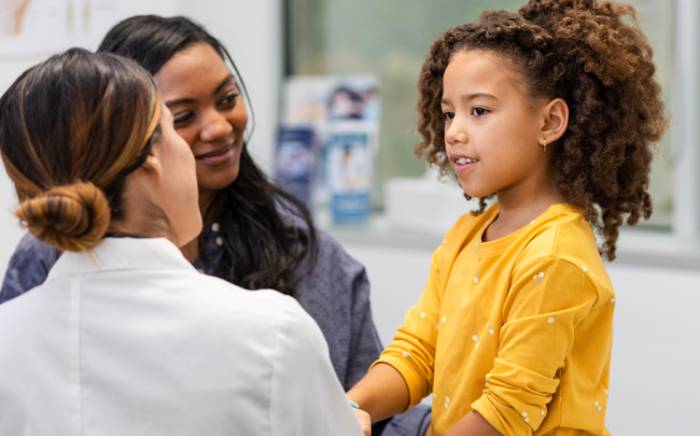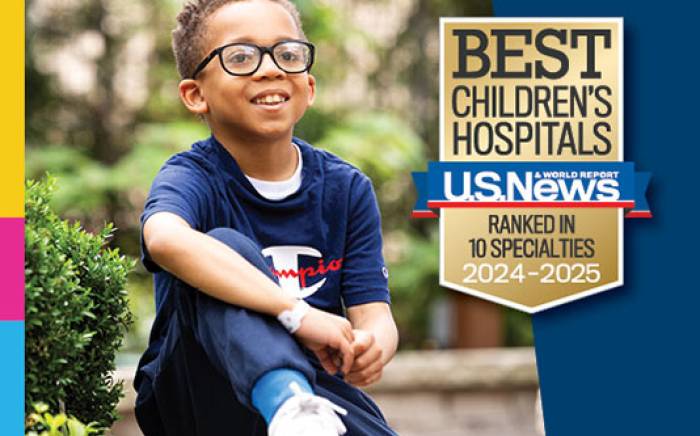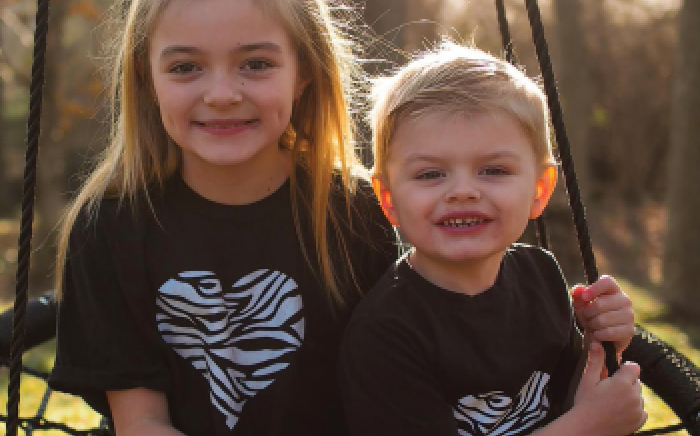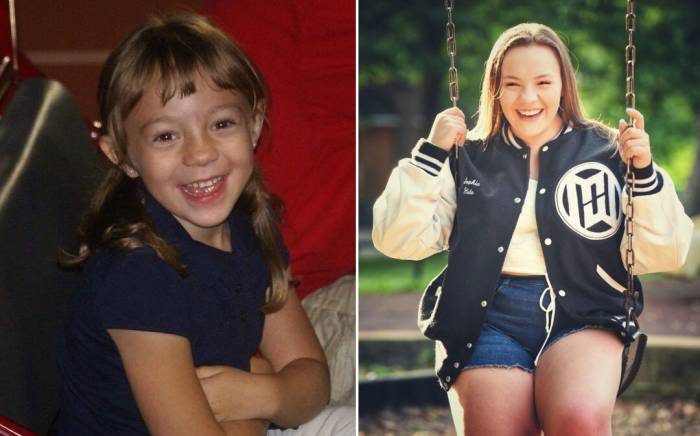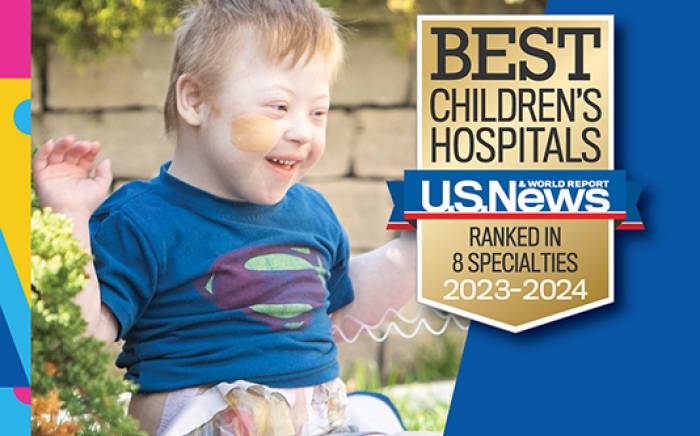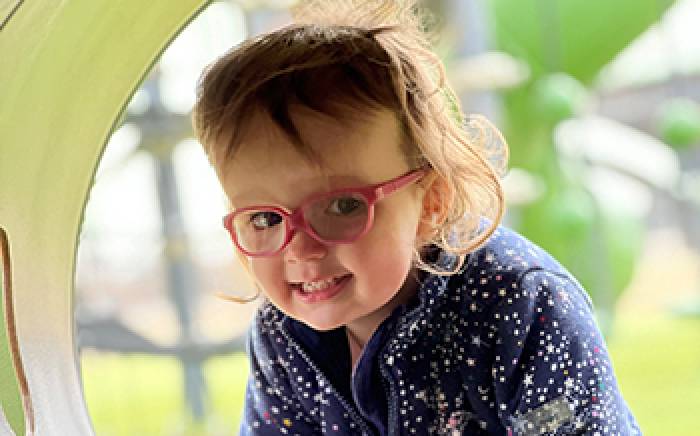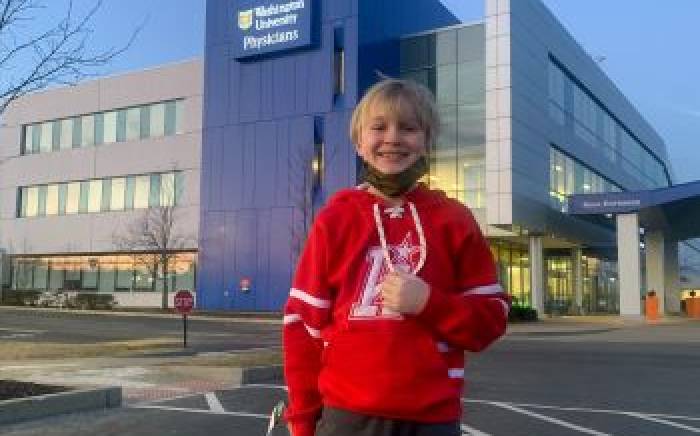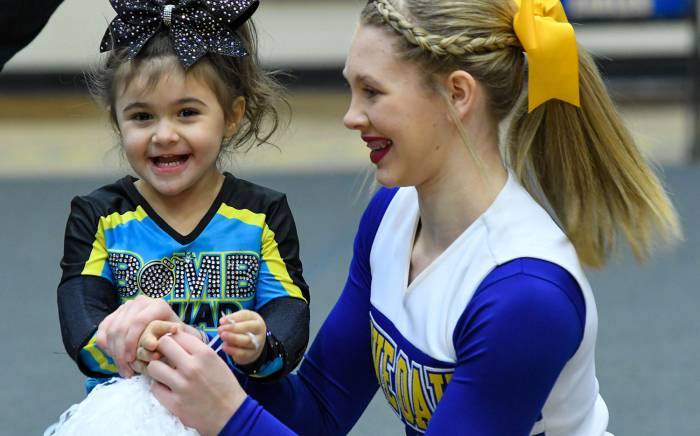by Pam McGrath
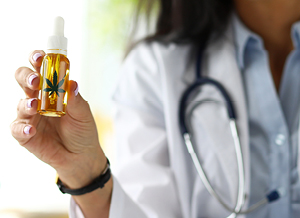 The Agricultural Improvement Act of 2018 includes a provision that removes hemp—defined as cannabis with less than 0.3 percent tetrahydrocannabinol (THC), the psychoactive substance in marijuana—from the Controlled Substances Act. At the federal level, the provision makes it wholly legal to cultivate, possess, sell and distribute these strains of hemp, from which cannabidiol (CBD) oil is extracted. The legality of CBD at state levels varies. To access CBD oil legally in Missouri, patients must be approved to participate in the Missouri Hemp Extract Registration Program, available only to patients diagnosed with intractable epilepsy. Despite this, CBD is widely available in the state at stores specializing in CBD products, drugstores, supermarkets and even gas stations. In Illinois, CBD is legal as long as it meets federal guidelines for THC concentration.
The Agricultural Improvement Act of 2018 includes a provision that removes hemp—defined as cannabis with less than 0.3 percent tetrahydrocannabinol (THC), the psychoactive substance in marijuana—from the Controlled Substances Act. At the federal level, the provision makes it wholly legal to cultivate, possess, sell and distribute these strains of hemp, from which cannabidiol (CBD) oil is extracted. The legality of CBD at state levels varies. To access CBD oil legally in Missouri, patients must be approved to participate in the Missouri Hemp Extract Registration Program, available only to patients diagnosed with intractable epilepsy. Despite this, CBD is widely available in the state at stores specializing in CBD products, drugstores, supermarkets and even gas stations. In Illinois, CBD is legal as long as it meets federal guidelines for THC concentration.
THE DRAWBACKS OF CBD USE—ESPECIALLY FOR CHILDREN
According to Washington University physician Jennifer Griffith, MD, PhD, a pediatric neurologist at St. Louis Children’s Hospital, this easy access to CBD in its various forms—oil, topical ointments, tinctures, vaping and edibles—is creating a new area of concern for pediatric subspecialists and community pediatricians.
“There is only one FDA-approved drug derived from a pure form of CBD oil, Epidiolex, which has proven effective in reducing seizures in some severe types of epilepsy,” she says. “Other than that, there have been no well-designed, randomized controlled trials to tell us if CBD is safe and effective for other conditions like mood disorders, inflammatory conditions or pain. And there is no data on its effects after long-term use.”
In addition, there is little regulation over the CBD products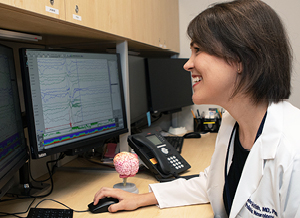 manufactured. Dr. Griffith cites a study in which multiple CBD products available online were tested for their actual concentrations of cannabinoids. The results ranged widely, from products with negligible amounts of CBD to those with concentrations higher than that contained in the FDA-approved Epidiolex.
manufactured. Dr. Griffith cites a study in which multiple CBD products available online were tested for their actual concentrations of cannabinoids. The results ranged widely, from products with negligible amounts of CBD to those with concentrations higher than that contained in the FDA-approved Epidiolex.
“The study also found unlabeled THC in some of the products, which has big implications for an over-the-counter remedy some parents may want to give their children,” says Dr. Griffith. “It really is a case of caveat emptor when purchasing these products.”
DISCUSSING CBD USE WITH PARENTS
Dr. Griffith believes most parents who give their children CBD products are simply desperate to find something that helps. “My approach with parents is to first find out why they decided to start their child on CBD, and then explain to them my concerns about CBD’s unknowns, including its efficacy and safety long term,” she says. “I make it clear to them that even when I can’t recommend a CBD product, they need to keep me informed about what supplements they are giving their child. My goal is to maintain a therapeutic relationship with my patients and their parents so that anything I prescribe is safe for them in light of their CBD use.” Parents also need to be aware of CBD’s side effects, including sedation and generalized fatigue; insomnia; GI disturbances, especially nausea, vomiting and abdominal pain; and most seriously, liver toxicity.
“Sharing my concerns about CBD allows parents to understand that I’m not trying to withhold something that could be helpful for their child. Rather, I’m looking out for their child’s best interest,” says Dr. Griffith. “Most parents understand and appreciate that my focus is the medical welfare of their child.”
PRESCRIBING MEDICAL MARIJUANA FOR CHILDREN AND ADOLESCENTS
Unlike CBD, marijuana, even that used for medical purposes, remains illegal at the federal level. Applications for medical marijuana are currently available in Missouri, and on January 1, 2020, marijuana will become legal for both medical and recreational use in Illinois.
“In general, the state laws in Missouri and Illinois allow the same qualifying conditions for medical marijuana in both adults and children,” says Washington University physician Jennifer Griffith, MD, PhD, a pediatric neurologist at St. Louis Children’s Hospital. “That covers a wide variety of conditions, including cancer, inflammatory conditions, pain syndromes and epilepsy. There is some evidence that THC can be effective at reducing pain, but since marijuana is illegal at the federal level, and many research studies are funded by federal dollars, research into the efficacy of THC is not allowed except in rare instances.”
In Missouri, medical marijuana use requires approval through the Department of Health and Senior Services. Patients fill out an application and once their physician signs it, they can take the application to a medical marijuana dispensary.
“This is not a prescription from the doctor; rather, it’s a statement saying that the physician is caring for the patient, that the patient has a qualifying condition, and the doctor has discussed the use of medical marijuana with the patient,” says Dr. Griffith.
As with CBD oil, the lack of research studies into the use of marijuana means there are questions regarding its efficacy and the consequences of long-term use. “Two complications exist for studies into marijuana use—there can be variability in what kinds of products people use, how much and how frequently they use them, and for what indications they are used. That makes measuring statistically and clinically significant effects really complicated,” explains Dr. Griffith.
Another complication is the fact that today’s marijuana strains contain as much as five to tenfold more THC than those dating from earlier decades. “This means that when you look at the effects of marijuana use on people who started smoking in the 1970s and try to apply it to the products available today, there’s no correlation. Chemically and pharmaceutically, they are different products,” says Dr. Griffith.
Considering the unknowns that exist, approving medical marijuana use for children and adolescents remains a question of weighing the benefits and risks to the patient and adhering to the caveat “first do no harm.”
For more information about CBD in pediatric care, or to speak with Dr. Griffith, call Children’s Direct at 800.678.HELP (4357).

